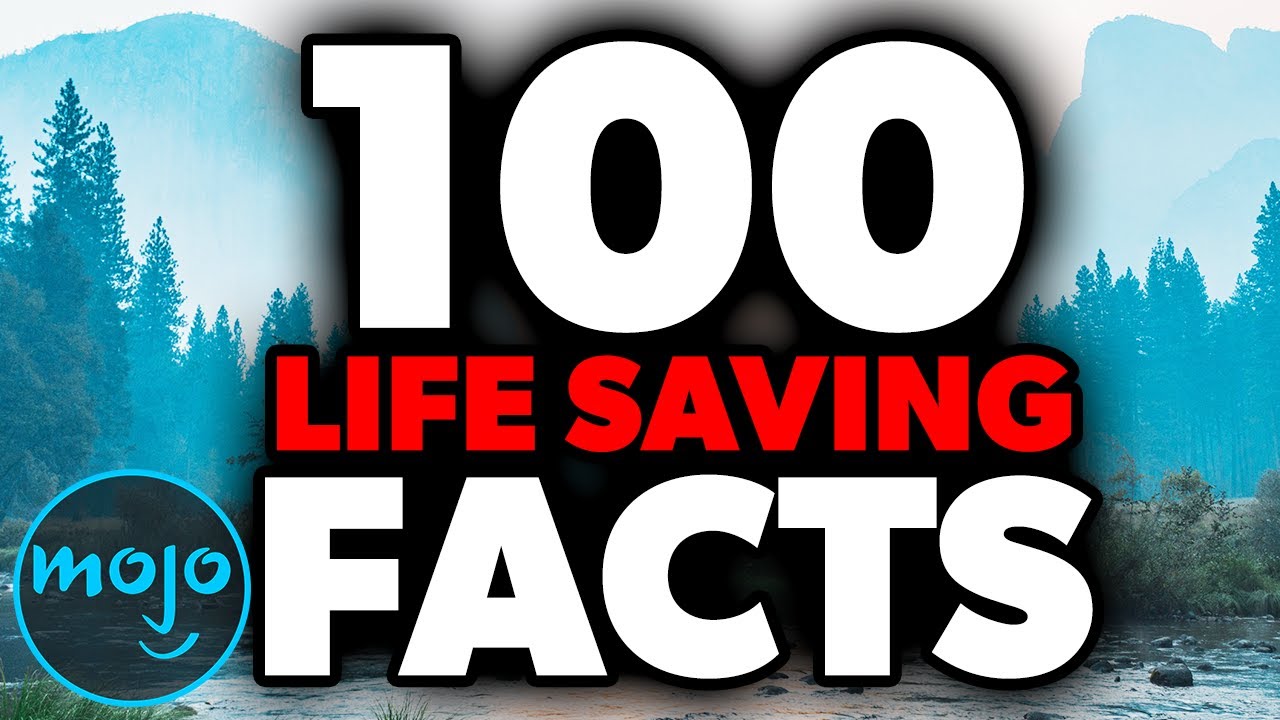Top 10 Inventions of All Time
Summary
TLDRWatchmojo.com's top ten inventions that revolutionized the world include paper, the compass, refrigeration, the printing press, plumbing, medicine, engines, the wheel, and communications technologies. From facilitating the spread of knowledge and information to transforming transportation, communication, and daily life, these inventions have had a profound and lasting impact on society, shaping the modern world as we know it.
Takeaways
- 📜 Paper was invented in the 2nd century BC by the Han Dynasty in China and was crucial for the development of the printing press and information dissemination.
- 🧭 The compass, developed between the 9th and 11th centuries in China, revolutionized navigation, leading to the Age of Discovery by making sea travel safer and more efficient.
- 🧊 Refrigeration, developed in the mid-1700s, transformed the food industry, affecting how we store and transport food, and impacting our eating and living habits.
- 📖 The printing press, perfected by Johannes Gutenberg, democratized the spread of knowledge by making books more affordable and accessible, contributing to major historical movements.
- 🚿 Plumbing has evolved significantly from ancient times to modern flush toilets, improving living conditions and contributing to increased life expectancy.
- 💊 Medicine, including the accidental discovery of penicillin and the introduction of contraceptives, has had profound effects on health and global population dynamics.
- 🚂 Engines, from the steam engine to internal combustion, have been pivotal in the Industrial Revolution and in enabling affordable, long-distance travel.
- 🔄 The wheel, invented in the 4th century BC, is a fundamental innovation in transportation, commerce, and daily life, with applications ranging from water wheels to engines.
- 📞 Communications technologies, such as the telegraph, telephone, radio, television, and the internet, have shrunk the world, making global communication instantaneous and accessible.
- ⚡ Electricity, with contributions from many inventors, became a standard part of daily life in the mid-20th century, changing sleep and work patterns and bringing light and power to the masses.
Q & A
What is considered one of the most significant Chinese inventions mentioned in the video?
-Paper is considered one of the most significant Chinese inventions, created during the Han Dynasty in the second century BC. It played a vital role in the development of printing, maps, and books, which greatly impacted global communication and knowledge dissemination.
How did the invention of the compass change global exploration?
-The compass allowed sailors to navigate more safely and accurately, leading to the Age of Discovery. It helped explorers circumnavigate the globe and made long-distance sea travel more feasible and reliable.
What was the impact of refrigeration on society?
-Refrigeration changed how food was stored and transported, allowing for safer, longer-lasting food preservation. This innovation significantly impacted the global food industry, altering how people eat and live.
Why was the invention of the printing press so important?
-The printing press, perfected by Johannes Gutenberg, made books more affordable and accessible, helping to spread knowledge on a large scale. It fueled important historical events such as the Reformation, the Renaissance, and the Scientific Revolution.
How has plumbing improved living conditions worldwide?
-Plumbing, which evolved from primitive systems to modern flush toilets, improved hygiene and public health. It has allowed cities to grow and has increased lifespans by providing better sanitation and clean water.
What role did medicine play in transforming human health?
-The discovery of penicillin and other medicines helped combat infectious diseases like syphilis and strep infections. Medicines, along with vaccines and contraceptives, have significantly improved health outcomes and changed social dynamics.
How did the development of engines shape modern society?
-Engines, starting with Thomas Newcomen's steam engine and later James Watt's improvements, revolutionized transportation and industry. They powered the Industrial Revolution, and the introduction of the internal combustion engine enabled affordable long-distance travel.
Why is the wheel considered one of the most important inventions in history?
-The wheel, invented in the 4th century BC, is crucial to transportation, commerce, and many daily applications such as gears and engines. It has been indispensable in the development of modern civilization.
How have inventions in communication changed the world?
-Inventions such as the telegraph, telephone, radio, television, computers, and the internet transformed global communication. These technologies made the world more connected, enabling faster information sharing and the development of modern media.
What makes electricity the most impactful invention according to the video?
-Electricity, developed by pioneers like Ben Franklin, Nikola Tesla, and Thomas Edison, revolutionized daily life by powering homes, cities, and industries. It drastically changed work and sleep patterns and became a necessity by the mid-20th century.
Outlines

This section is available to paid users only. Please upgrade to access this part.
Upgrade NowMindmap

This section is available to paid users only. Please upgrade to access this part.
Upgrade NowKeywords

This section is available to paid users only. Please upgrade to access this part.
Upgrade NowHighlights

This section is available to paid users only. Please upgrade to access this part.
Upgrade NowTranscripts

This section is available to paid users only. Please upgrade to access this part.
Upgrade Now5.0 / 5 (0 votes)






